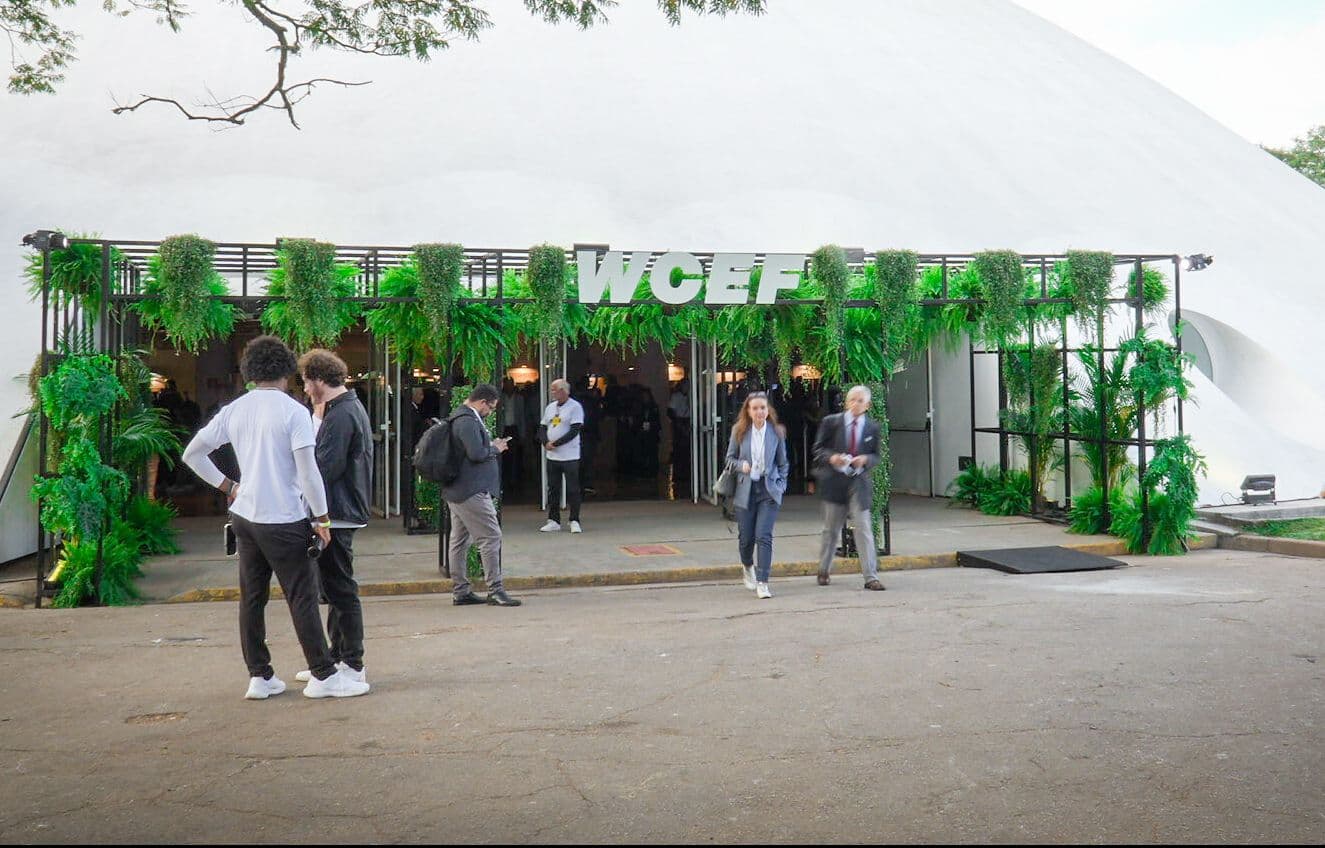
14/05/2025
Brazil approves national Circular Economy plan, ushering in a new era for sustainable development
Groundbreaking document was approved on the eve of the World Circular Economy Forum, held for the first time in Brazil.
Larissa Hatamia, from Betini Comunicação
Brazil has taken a decisive step toward a more sustainable economic model. On May 8, 2025, the National Circular Economy Forum officially approved the National Circular Economy Plan (PNEC), a strategic document developed with broad social and technical participation. The initiative is a direct result of Decree No. 12.082/2024, which established the National Circular Economy Strategy and created the forum responsible for approving the plan.
According to the Ministry of Development, Industry, Trade and Services (MDIC), the plan reinforces the federal government's commitment to transitioning toward a production and consumption system based on resource reuse and environmental regeneration. Flávio Ribeiro, ambassador of the Circular Movement, PhD in Environmental Sciences from USP and professor of Circular Economy, states that the plan represents a major milestone for the country.
“Seeing the federal government publish this decree and the plan with a modern vision of the circular economy, its principles and objectives, is a source of joy for everyone working in the field,” he says.
The plan’s development involved representatives from various sectors: ministries, companies, academia, and civil society. After being made available for public consultation in February 2025, the document received over 1,600 contributions, leading to its now-approved final version. It lays out 71 actions organized into five strategic pillars:
- Regulatory and institutional foundation – Establishes legal frameworks, public policy guidelines, and encourages alignment with other existing strategies.
- Promotion of innovation, culture, and education – Proposes capacity-building for businesses and governments, research stimulation, integration of educational content, and cultural change efforts focused on the circular economy.
- Resource efficiency and waste management – Addresses ecodesign, expansion of recycling infrastructure, and integration of solid waste policies with circular economy goals.
- Financial instruments and sustainable public procurement – Outlines innovative support mechanisms for the transition, such as tax incentives and sustainable purchasing policies.
- Social inclusion, intergovernmental coordination, and decent work – Focuses on valuing waste pickers and circular economy workers, promoting a just and inclusive transition, and encouraging coordination across levels of government.
Flávio also highlights that the plan reflects the increasing engagement of several ministries, such as Environment, Finance, Foreign Affairs, and MDIC itself, all of which are integrating circular economy into their agendas.
“This shows a key opening in public policy and facilitates the work of those in the sector,” he comments.
In addition to aligning Brazil with a global trend, the plan calls for the development of sectoral strategies for industries like food, automotive, steel, and cosmetics.
“The expectation is that companies and organizations will adapt their strategies to contribute to the plan’s goals.”
The PNEC’s launch coincided with the World Circular Economy Forum (WCEF), hosted for the first time in Latin America. The event, held from May 13 to 16, 2025, in São Paulo, brought together global leaders from the public, private, and academic sectors. The Circular Movement participated in the event with its hands-on workshop “Mão na Massa” (“Hands-On”).
“With a focus on the potential of tropical solutions for sustainable growth, the forum marks a symbolic moment of international visibility for Brazil on the circular economy agenda,” the professor adds.
Another positive indicator is the growing engagement of the national industry: a 2024 study conducted by the National Confederation of Industry (CNI) in partnership with the Circular Economy Research Center at USP revealed that 85% of Brazilian industries already adopt at least one circular practice—signaling a fertile environment for the plan’s effective implementation.
The MDIC website now features a dedicated section to follow the National Circular Economy Strategy and related actions. “It’s essential that the public has access to this information,” Flávio emphasizes.
*This text was automatically translated using artificial intelligence and subsequently reviewed. However, minor differences may still exist when compared to the original version in Portuguese.

